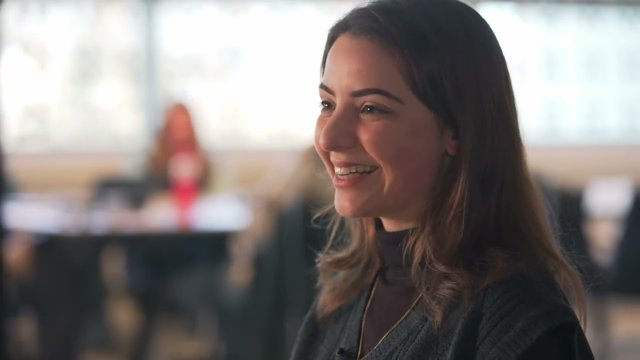During your Master’s in Geo-Information Science and Earth Observation (GEO), you will collect a total of 120 EC within two years. In addition to the three mandatory courses of the Master’s, you will take four specialisation courses and elective courses. You can also do an optional internship and complete your studies by writing your master’s thesis.
Structure
Year 1 | Number of EC | |
Compulsory courses Mandatory courses for all students of the Master’s. | 25 EC | |
Specialisation courses Mandatory courses for all students of the specialisation in Urban Planning and Management. | 28 EC | |
Elective course You can choose a course that matches your interests and career ambitions. | 7 EC | Some examples of elective courses you can take are: |
Year 2 | ||
Individual study programme | 15 EC | In the second year, you can personalise your individual study programme by doing an internship or taking elective courses. |
MSc research proposal and MSc research | 45 EC | You will complete your Master’s in GEO by writing a master’s thesis. Your research theme is defined by the research group that is part of the respective specialisation. In Urban Planning and Management, you will conduct your research within the research group People, Land, and Urban Systems (PLAN). |
Total EC | 120 EC |
Internship
In the second year of your Master’s in Geo-Information Science and Earth Observation, you can apply the knowledge and skills you have acquired during your studies by doing an internship at a research institute or a think tank, government, international earth observation service provider, sustainable urban development organisation, non-governmental organisation, or urban planning and design company in the Netherlands or abroad. ITC has a broad network of organisations where you can do your internship project.
Examples of internships that students have done are:
- "Research on personal and road safety of women and girls” at Despacio, Colombia
- "Developing a framework for building-level analysis of green facade potentials on mitigating urban heat islands using BIM and GIS integration” at Witteveen and Bos (Deventer), the Netherlands
- "Flood risk assessment in Dhaka. Effect of risk mitigation in future scenarios and its contribution to the sustainable development goals” at PBL Netherlands Environmental Assessment Agency
Master's thesis
You will complete your Master’s by writing your Master’s thesis. Your research will be part of the research group People, Land, and Urban Systems (PLUS) and you will write your thesis under the supervision of one of the members of that research group. You might research ways to convert vacant, abandoned buildings to useful spaces that improve people’s quality of life, such as parking or public transport facilities or to repurpose them as cultural centres or residential areas. What about analysing the risks of impoverishment faced by relocated households and coming up with solutions to minimise these risks using a GIS-based multi-criteria technique?


